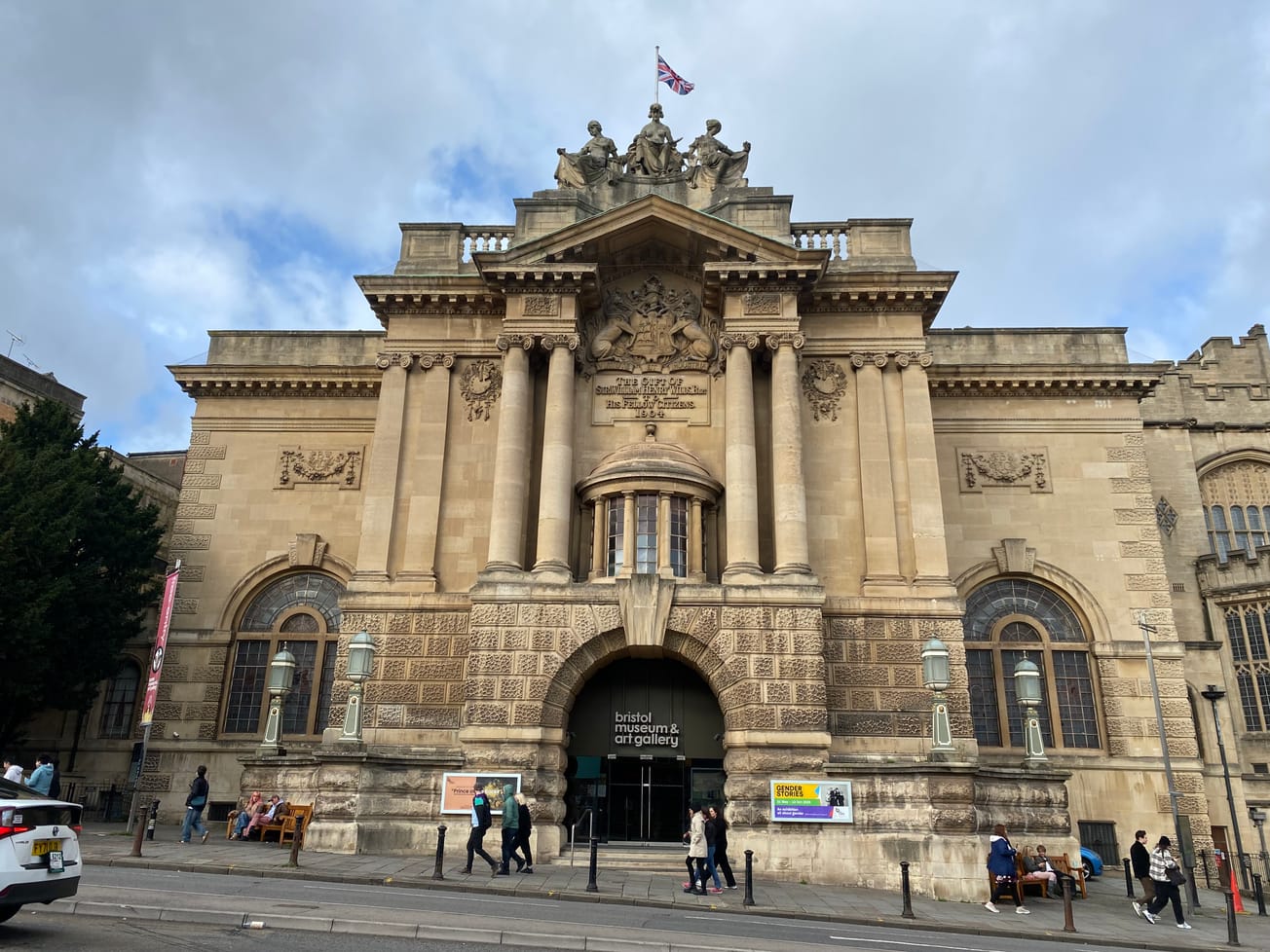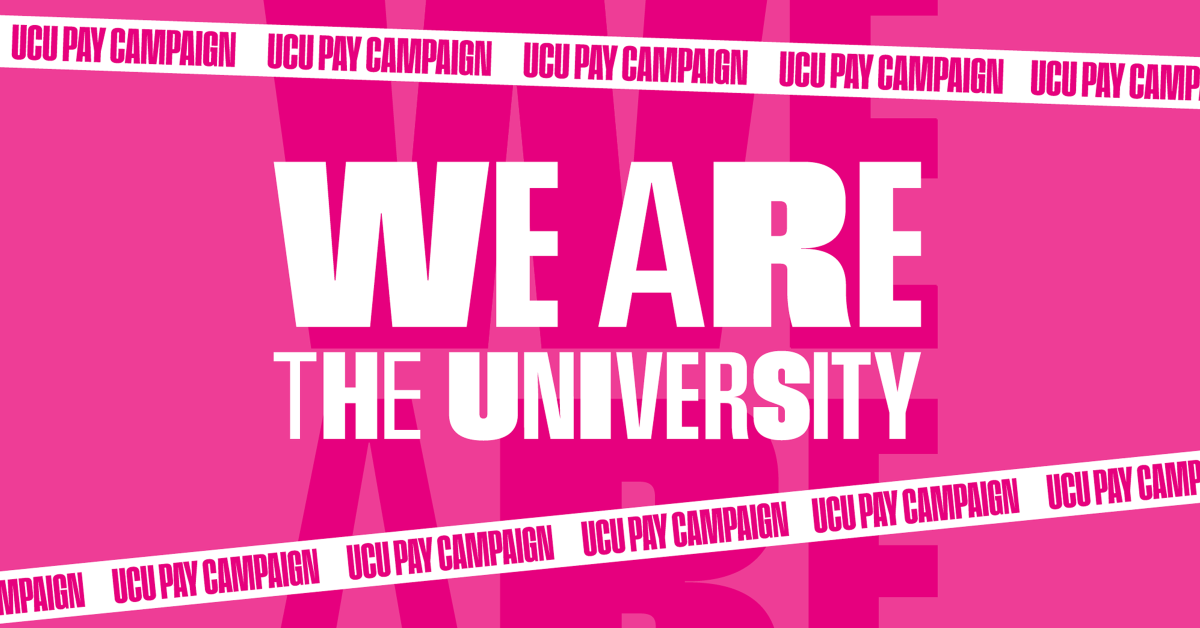It has been announced today that the 'Yes' campaign won the most votes in the Residences Referendum, meaning that official SU policy will be to oppose any hub-based pastoral model.
2963 votes were cast in the referendum- 2729 for Yes and 234 for No, meaning 92.1% of voters voted for the 'Yes' campaign. This sees a reversal in the SU's position on the University's plans to move to a hall-based pastoral model.
The referendum, called in response to the opposition to the halls review, was focused on the question: The University of Bristol has proposed changes to the pastoral support system in residences which include a change from managing pastoral support in each residence to managing pastoral support in clusters of residences (‘hubs’).
Should Bristol SU oppose any model for pastoral support which includes this change?
Yes or No?
Related article: Epigram’s guide to the Residential Life Service Model
The 'Yes' campaign was led by Tom Phillips and Ben Bloch, co-founders of Keep Our Communities, the student-led organisation protesting the changes. They argued that a hubs based approach will put students in danger and threaten the community identity in halls. They add in their campaign statement: 'Everyone in the current system agrees that it is under pressure, and almost every one of those people agrees that a ‘hub’-based system will not fix the problem, it will worsen it.'
The 'No' campaign was led by Lucky Dube, Student Living Officer at the SU, who argued: ‘Bristol SU should not oppose any pastoral change models which induce managing support in clusters of halls’. Dube has consistently spoken in support of the review since its release in December. On the 13h February, the 'Vote No' Facebook page announced the 'No' campaign had decided to stop campaigning 'in recognition of the difficulty campaigners will face speaking out and the negative impacts on their wellbeing when they do speak out, and are faced with indignant remarks about them and not the issue being discussed.'
Speaking to Epigram about the result, Keep Our Communities said: “We are extremely pleased that the student body has overwhelmingly rejected a hub-based system, and that Bristol SU policy finally reflects the views of students. The result of this vote joins letters from Wardens, SRs, JCRs, Hall Associations, Hall Bar Staff, and Alumni that are in complete opposition to the proposed changes.'
'The number of participants in this referendum far outweighs the number surveyed by the University in either Stage One or Stage Three of the Pastoral Review. This morning we sent a letter with the results of the referendum to the Vice Chancellor and Senior Management at the University. We strongly urge them to accept the results of the referendum and act accordingly.'
Reacting to the referendum result, the Bristol SU Officer Team have released this statement:
'We are very pleased to see the high level of interest and engagement around this issue. The referendum has given us a clear result and direction, and we clearly hear the views of the student body.
'Specifically we recognise the level of opposition to the hub model. We will do all we can to represent students’ views on this. We will write to the Vice-Chancellor urgently to highlight this feedback and will continue to do so in our ongoing work with the University.
'Throughout the consultation process we have expressed the need for more support for students and JCRs and we will continue to raise these issues in discussion with the University.'
The referendum took place after a successful petition was organised by Keep Our Communitites to call for a student vote on the SU's offical position on the pastoral review. The pastoral review includes changing pastoral support from a residences-based model to a hub-based model, removing Wardens and Deputy Wardens and reducing the number of Senior Residents by 2/3.
The referendum used a simple majority vote and needed at least 5% of full SU members to participate (around 1250 students).
The result comes at an interesting time as the university plan to release their revised model to students next Wednesday in response to feedback.









